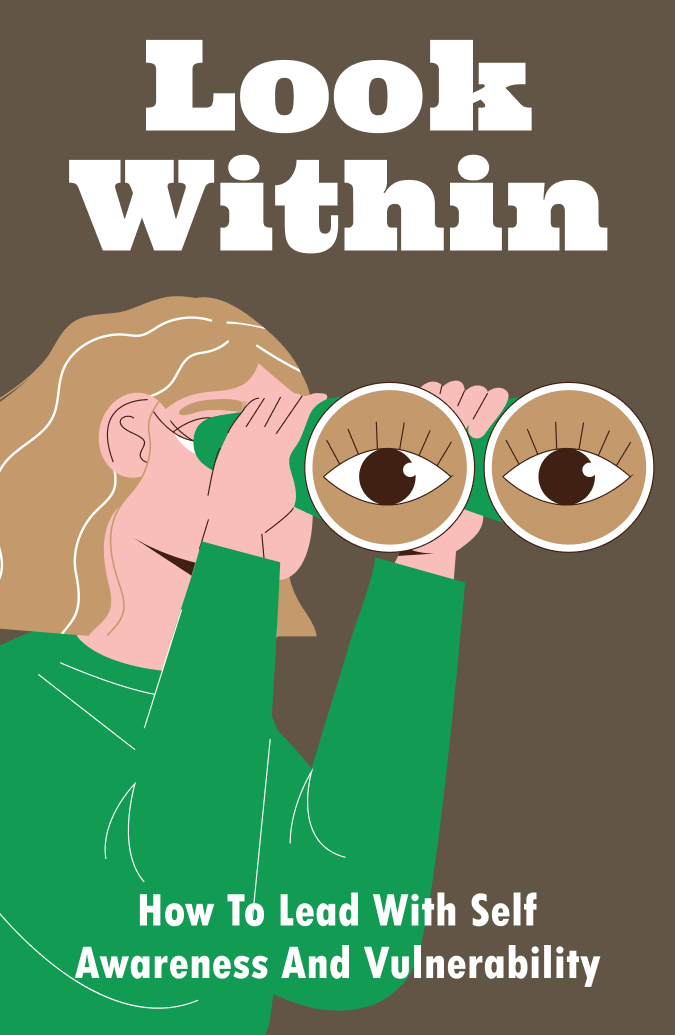Lesson 1. The initial reaction of the prisoners upon reaching the concentration camps.
The ones who were sent to the Nazi concentration camps had some idea of the fate that awaited them. They went through three phases of reaction during their stay in the concentration camps.
At first, the prisoners felt petrified, because they had already heard about the horrific incidents that went on there. Upon arrival, they tried to latch onto any small sign that indicated that the camps weren’t as terrible as they’d thought. They thought that things wouldn’t be that worse for them.
Prisoners who were brought to the infamous camp at Auschwitz were divided into two groups, one which went right and the other, left. One group included those who would be put to hard labor. The ones in the other would be immediately executed. However, none of them knew what fate awaited them.
Utter shock upon arrival would often lead to a state of delusion. The prisoners would start falsely believing that the group they were in would somehow be allowed to escape the doom that awaited them all.
Most of them would get shocked upon witnessing acts of unthinkable brutality. Prisoners would be punished in the most horrific ways for the most trivial transgressions.
Traumatized beyond limits, many would look forward to death as the road to respite. Some would even kill themselves by catching hold of the electrical fences that surrounded the camps.
Lesson 2. The shock and horror would gradually make them emotionally sterile and apathetic.
With time, the prisoners would get used to the atrocities, and become emotionally sterile. They would no longer experience emotions like love or desire. Things we normally take for granted became the topic of their conversations, like food and other essentials, which were scarcely available in the camps.
They eventually became numb to the horrors they would witness on a daily basis, and stopped getting emotionally affected by them. Irrespective of the cruelties meted out to others, they would look out for any opportunity to improve their own chances of survival.
For example, after a typhus outbreak killed many people in a camp, the others, without a tinge of remorse or disgust, began grabbing leftover food and other essential items belonging to the dead prisoners.
To the prisoners, the only possible end to their lives was at the hands of the guards in the camp. We all plan out our lives, and live for the future. But how does one make meaning out of life when there is no possibility
Unlock Knowledge with Wizdom App
Explore a world of insights and wisdom at your fingertips with the Wizdom app.
 1 Million+ App Download
1 Million+ App Download  4.9App Store Rating
4.9App Store Rating 5000+Summaries & Podcasts
5000+Summaries & Podcasts









